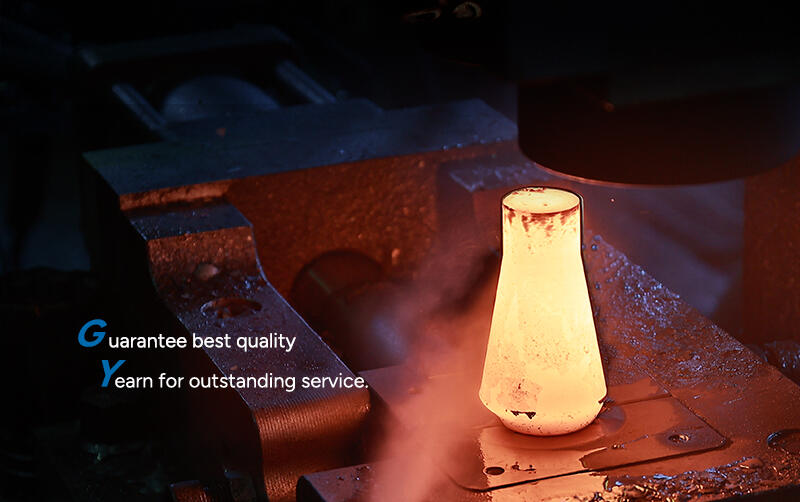Why Forged Automobile Parts Are Essential for Precision Manufacturing?
Why Forged Automobile Parts Are Essential for Precision Manufacturing
In the global manufacturing landscape, forged automobile parts play a vital role in ensuring durability, efficiency, and cost-effectiveness. From automotive to agricultural machinery, these components are designed to meet the rigorous demands of industrial applications. This article explores why forged automobile parts are indispensable, the benefits they provide, and how to choose the right forging manufacturer.
What Are Automobile Parts in the Forging Industry?
Forging is a manufacturing process where metal is shaped by compressive forces, typically using a hammer or press. Automobile parts forged using advanced techniques are highly sought after for their superior mechanical properties. These parts include:
- Precision gears
- Transmission shafts
- Sliders
- Hardware fittings
The forging industry primarily works with materials such as:
- Carbon steel
- Alloy steel
- Stainless steel
Why Choose a Reliable Forging Manufacturer?
A reliable forging manufacturer leverages cutting-edge technology like precision closed-die forging to produce components with exceptional dimensional accuracy and surface finish. Key advantages include:
- Material efficiency: Reduced waste during production.
- High strength: Forged parts retain the grain structure of the metal, improving their mechanical properties.
- Versatility: Ability to produce parts for diverse industries such as automotive, marine, and agricultural machinery.
Top manufacturers invest in quality assurance systems, including certifications like ISO 9001 and IATF 16949, to ensure consistent and reliable production.
Key Benefits of Using Forged Automobile Parts
Forged components are highly valued in precision manufacturing due to their:
- Durability: Forging strengthens the material, making it resistant to wear and tear.
- Cost-effectiveness: The process reduces the need for extensive machining, lowering production costs.
- Precision: Advanced forging techniques achieve tight dimensional tolerances, eliminating the need for secondary adjustments.
How to Select the Right Forging Manufacturer
When selecting a forging manufacturer, consider the following criteria:
- Technical Expertise: Look for manufacturers equipped with state-of-the-art machinery, such as large stamping and forming presses.
- Quality Assurance: Ensure the manufacturer adheres to international standards like ISO 9001 and IATF 16949.
- Development Capabilities: Manufacturers utilizing tools like QForm simulation software and 3D printing technology can offer quicker turnaround times and cost savings.
- Proven Track Record: Evaluate case studies or client testimonials to gauge their reliability.
Success Stories from Forging Manufacturers
Forging manufacturers worldwide have revolutionized industries by providing innovative solutions. For instance:
- In the automotive sector, forged precision gears have significantly improved vehicle efficiency and performance.
- In marine engineering, forged transmission shafts have enhanced durability in demanding environments.
Conclusion: Take Action Towards Forged Excellence
Forged automobile parts are a cornerstone of precision manufacturing, offering unparalleled durability, precision, and cost efficiency. By partnering with a reliable forging manufacturer, businesses can ensure the consistent quality and performance of their components.
If you're ready to elevate your operations, explore forging solutions tailored to your needs. Contact a trusted forging manufacturer today to learn how they can transform your production line with high-quality forged parts.


